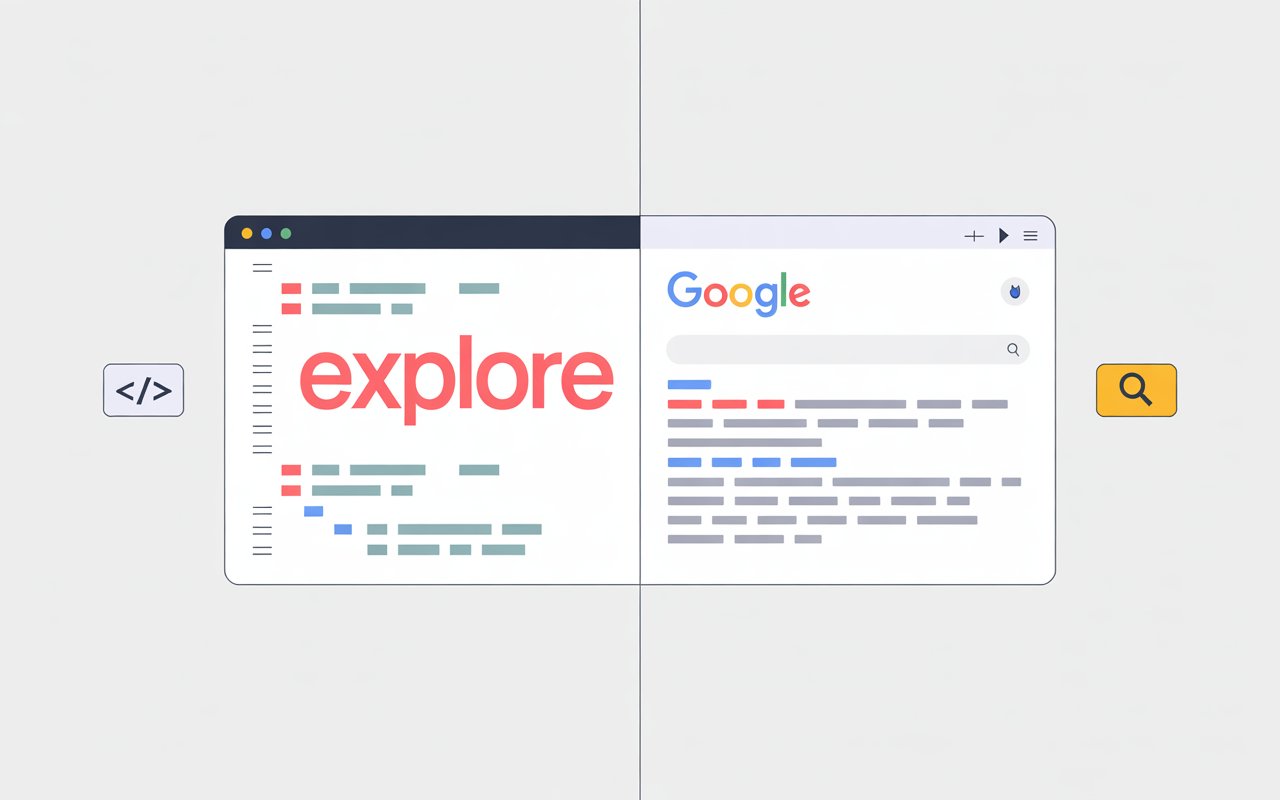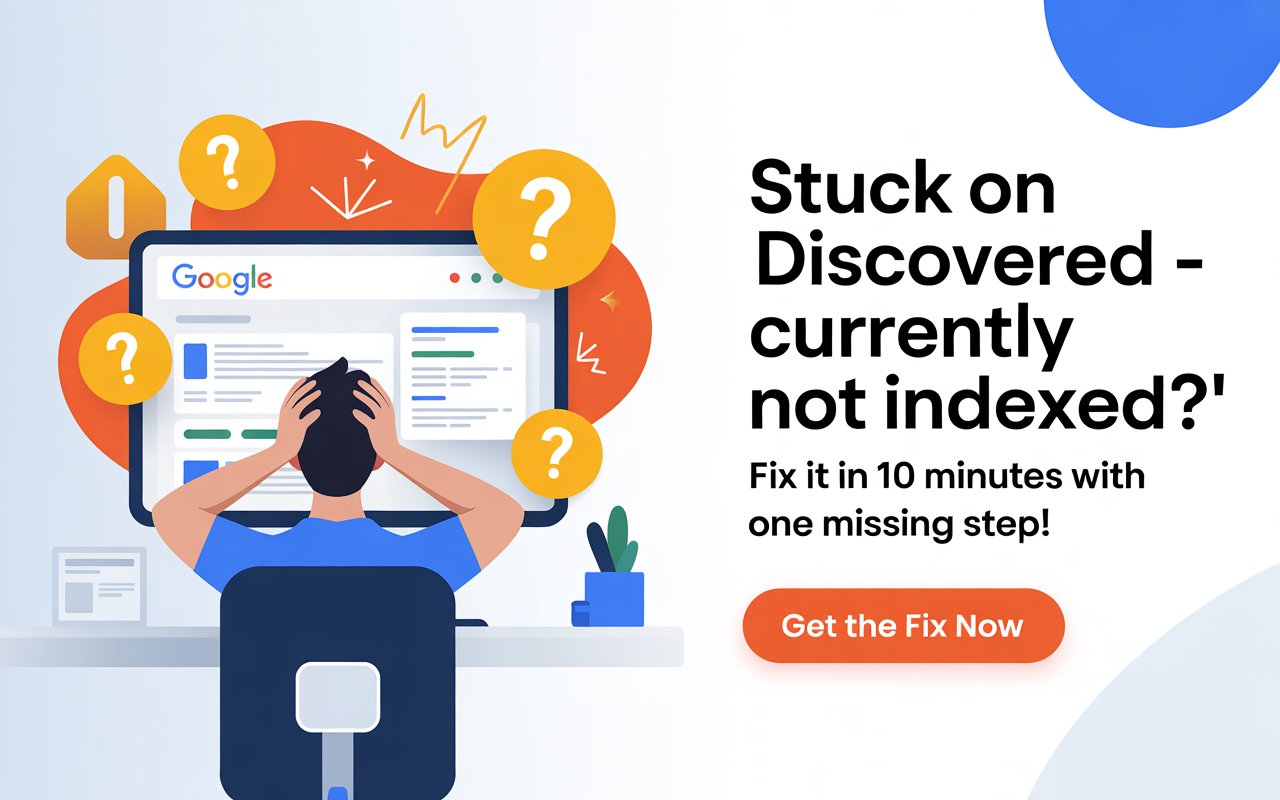Why Google Ignores Your Meta Description (And How It's Costing You Leads)
Have you ever written the perfect meta description, only to see Google show something different? The reason is simpler than you think: you might be using "soft" words that confuse Google about your page's purpose.
For any business in Singapore's competitive market, this is a serious issue that can cost you valuable clicks and customers.
The Problem: A Mismatch in User Intent
Google’s main job is to give people the most relevant result. When a potential customer in Singapore searches for "accounting services," their intent is **commercial**—they are ready to buy.
Now, imagine your meta description says:
Weak Meta Description
"Explore our corporate accounting services. Discover how our team can help your Singapore business."
Words like "explore" and "discover" suggest research, not action. Google sees this mismatch, ignores your description, and creates its own, which is often not as effective.
The Solution: Use Strong, Action-Oriented Words
To fix this, write for the customer who is ready to buy. Your meta description should be direct and tell them exactly what they can get.
Strong Meta Description
"Get professional corporate accounting services in Singapore. We handle everything from bookkeeping to tax filing. Get a free quote today & ensure your compliance."
This version uses strong words like "Get" and offers a clear call-to-action ("Get a free quote"). It matches the customer's intent perfectly.
How This Directly Affects Your Business
Using the wrong words isn't just a small SEO mistake; it directly hurts your ability to get leads:
- You Get Fewer Clicks: "Explore our services" is passive. "Get a free audit" is an exciting offer that makes people want to click.
- You Get the Wrong Visitors: "Soft" words attract researchers, not buyers. This means low-quality traffic that doesn't convert.
- You Lose Control: When Google rewrites your snippet, you lose the chance to present your brand's unique message.
Final Tip for Success
Treat your service pages like a digital storefront, not a library. Be direct, use action words, and make it clear what you offer. This will help you attract the right clients in Singapore and grow your business.



